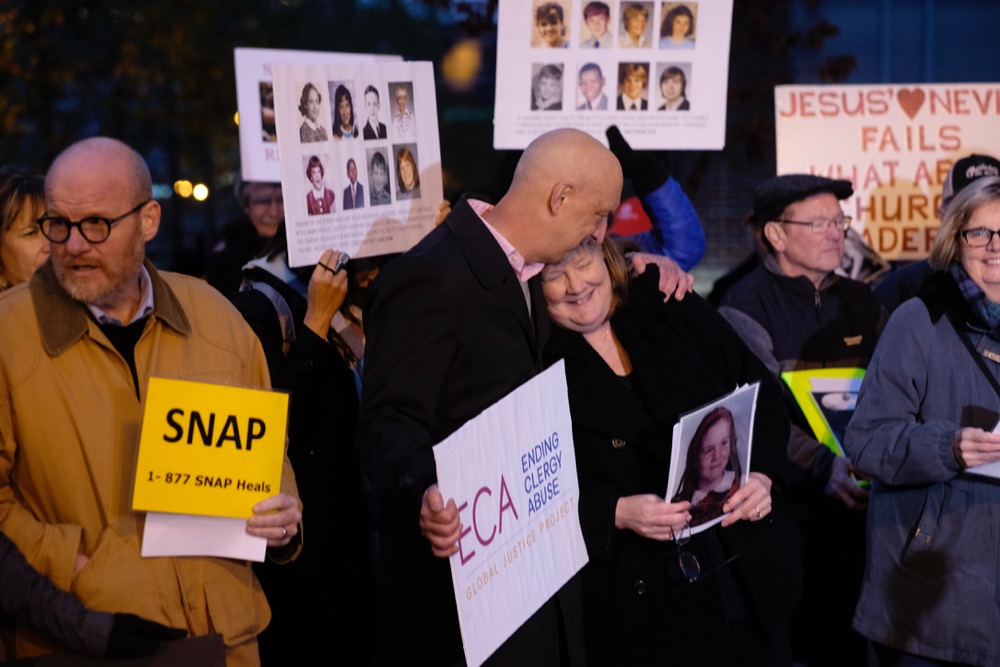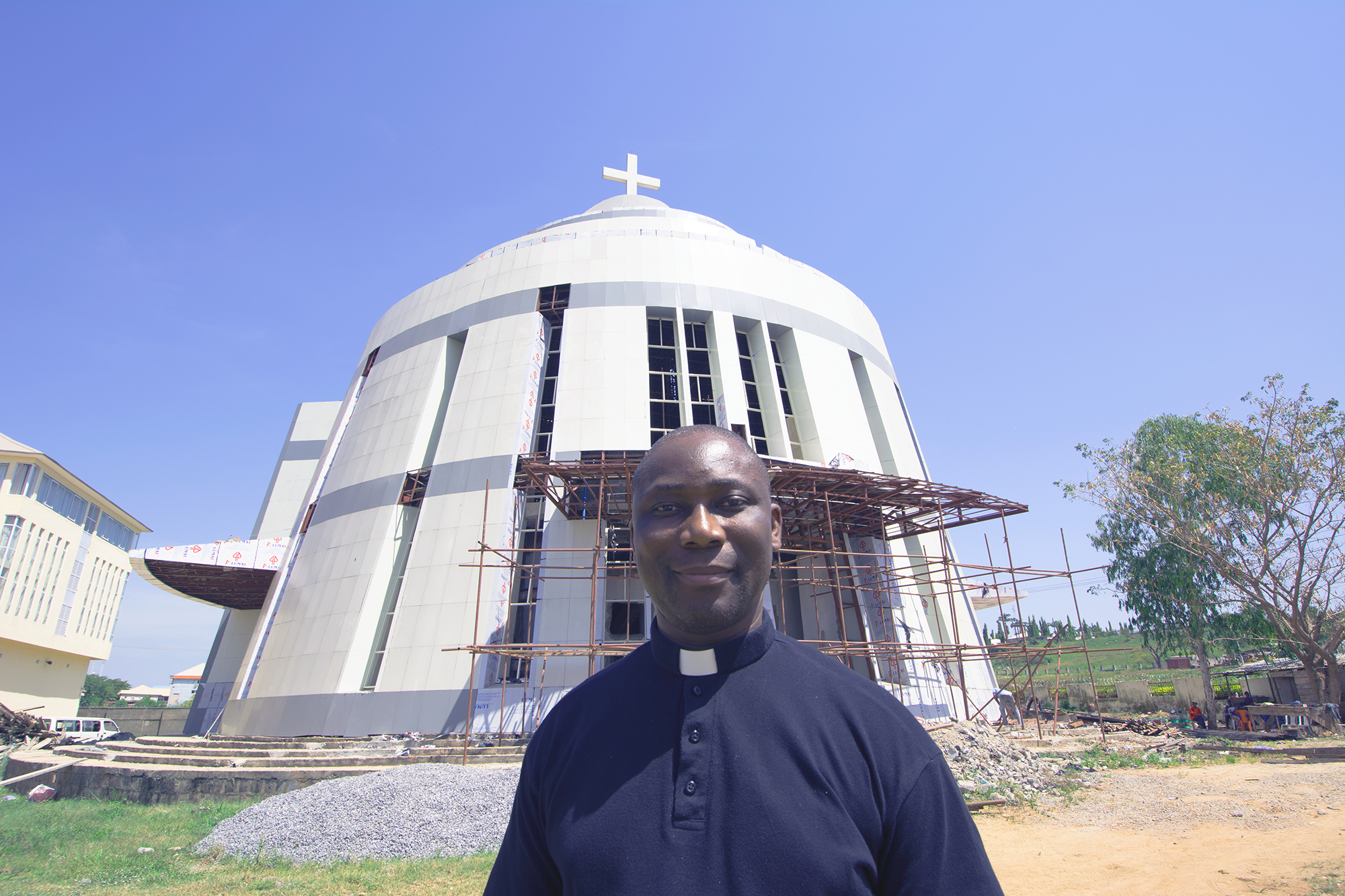Religious congregations have given millions of pounds worth of property to help in the fight against human trafficking, according to a new survey.
The Arise Foundation, a charity based in New York and London working to end modern slavery and trafficking, has carried out an in-depth study into the anti-trafficking work being done by Catholic Religious Congregations in England and Wales.
The survey came as the first Africa Regional Conference of the Santa Marta Group, a global alliance between the Catholic Church and law enforcement that works to eradicate human trafficking and modern slavery began meeting in Abuja, Nigeria, to discuss anti-trafficking measures.
The survey shows that 172 members of religious institutes – 144 women and 28 men – are providing frontline services to people who have fallen prey to traffickers.
In addition,16 religious congregations have provided 29 properties worth nearly £16.4. As this is the book price rather than market value, this is likely to underestimate the value of the buildings.
Some of the properties are used as safe houses where victims of modern slavery, including women with children, can find refuge and start to rebuild their lives.
In addition, 23 congregations work with police and NGOs and also help manage referrals, do joint outreach and provide training. For example one congregation donated a property for a local police constabulary where victims of traf?cking could be interviewed in a less formal environment and provided with safe accommodation.
Most of those involved were not paid for their work in this area, the research found.
The Conference of Religious of England and Wales (CoR), the umbrella organisation for more than 250 religious institutes of men and women, has now announced that is to set up a UK Network of Religious involved in anti-trafficking work.
Sr Jane Maltby RSCJ, vice-president of CoR, said: “Speaking from a personal perspective, my congregation owns a property that we no longer need and, rather than sell this commercially, we undertook extensive research and consultation in order to make the best decision we could that would be in line with our priorities for mission. In the past, we ran schools and projects, in which others collaborated with us. Today, we are delighted to be able to turn that around and we collaborate with others. In gifting the property and enabling women and children survivors to be cared for in a safe environment, we have entered a partnership which expresses the gospel values of tenderness and mercy, so much a part of our charism, or special spiritual character.”
Luke de Pulford, director of Arise, said: “Women religious are the un-sung heroines of the anti slavery movement. They are active in the worst-affected parts of the world – preventing, rescuing, and offering accompaniment over decades. But they are also active in countries of destination like the UK where they continue to make a huge contribution, giving their houses to be used as shelters, and so much more. Arise is privileged to have produced this research, documenting the scale of the contribution of religious in England and Wales. We are conscious that these numbers do not do justice to the special character of the work of religious, which is less about numbers and more about the quality of long-term, loving commitment to those on the margins. Their voice is sorely needed in this movement, and I hope this report enables them to be heard.”
Fr Mark Odion, the Africa project director for the Santa Marta Group and the co-director of this week's conference in Abuja, who is a member of the Nigerian order, Missionaries of St Paul, welcomed the findings of the survey.
He said that the conference, with the theme: "Church and State working together to restore dignity to trafficked persons", is examining "issues of human trafficking emanating from Africa" and is also intended to encourage African countries to look inward to create job opportunities for young people within the continent of Africa. The conference also, he added “aimed at finding ways to restoring the dignity of the victim of human trafficking, because the victims are also created in the image and likeness of God".
He said: "It our hope that as a church, we are invited to open a welcome hand and express our pastoral care towards the victims of trafficking.” The GrowEdo model will be a good example to many of the participants at the conference, he added.
Read more about the work of GrowEdo here.



 Loading ...
Loading ...